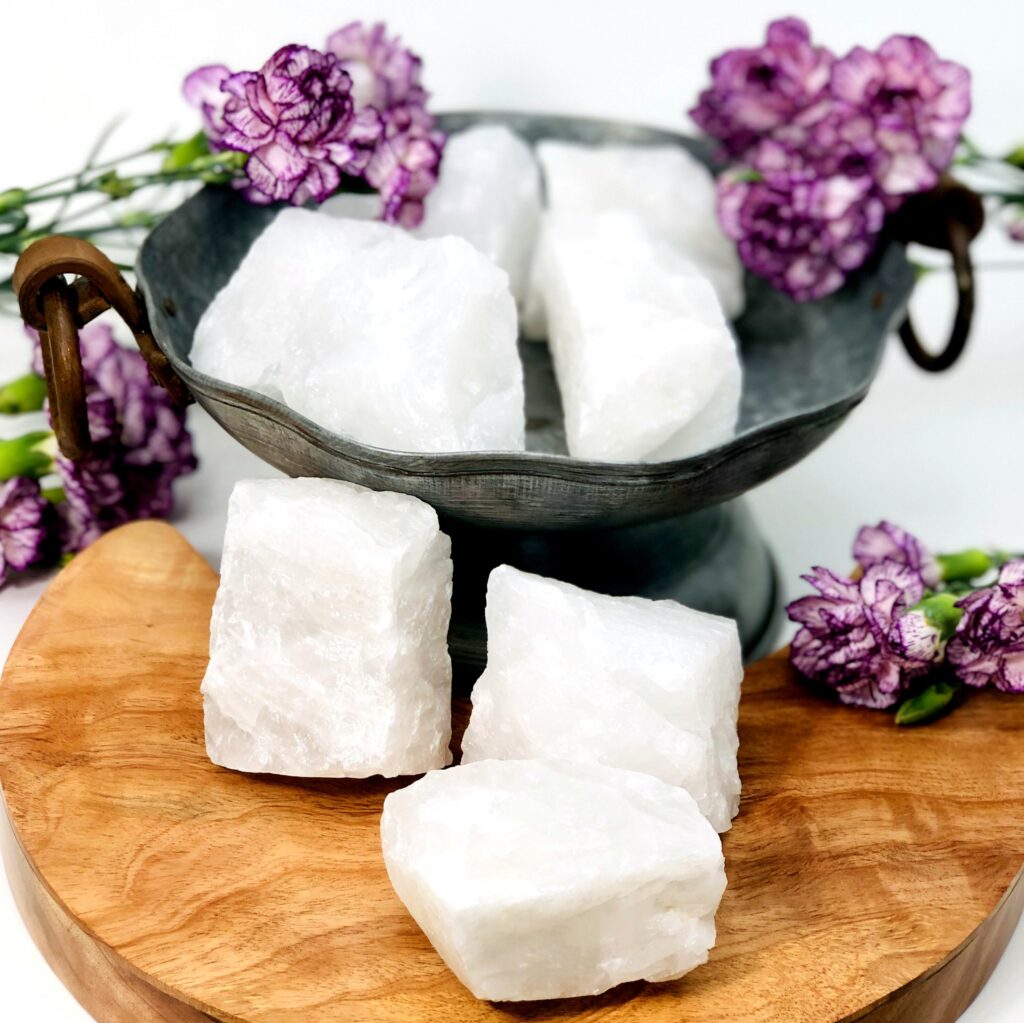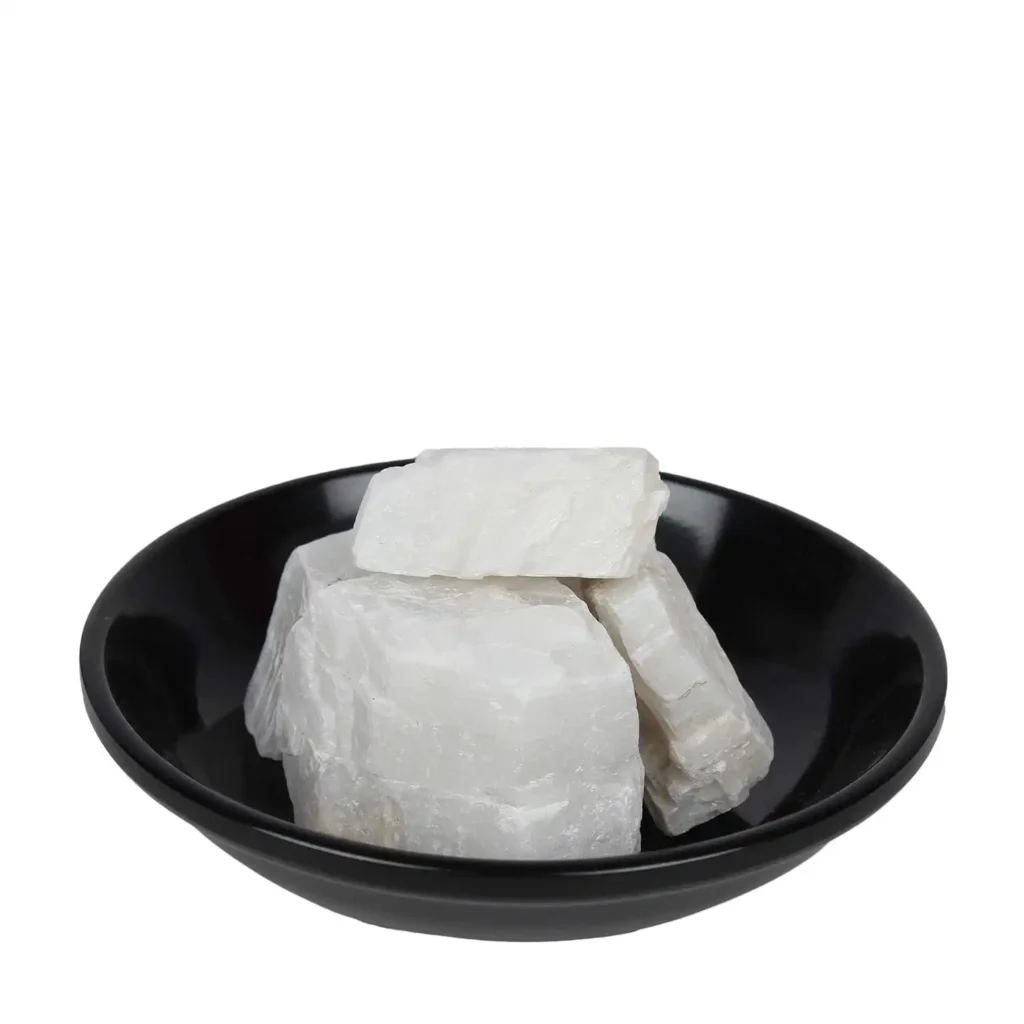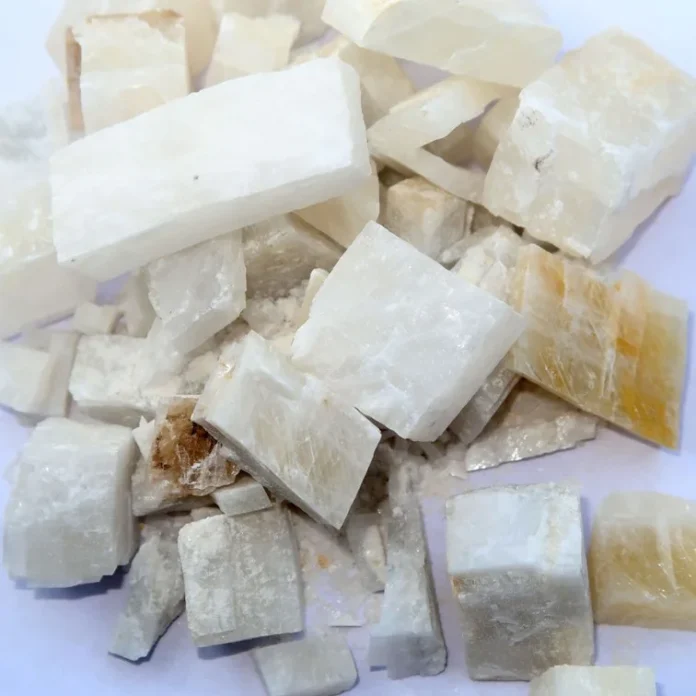INTRODUCTION:

White Surma is a traditional eye cosmetic commonly used in South Asia and the Middle East. It is made from natural ingredients, primarily white mineral powders, and is applied around the eyes for both cosmetic and medicinal purposes. Known for its cooling properties, White Surma is believed to improve eyesight, protect the eyes from infections, and reduce eye strain. Unlike the more common black kohl, White Surma has a subtle and natural appearance, often preferred for its soothing effect and safety.
English: White Surma, White Kohl
Hindi: सफेद सुरमा (Safed Surma)
Urdu: سفید سرمہ (Safaid Surma)
Arabic: سرمة بيضاء (Sirmah Bayda)
Bengali: সাদা সুরমা (Sada Surma)
Punjabi: ਚਿੱਟਾ ਸੁਰਮਾ (Chitta Surma)
Tamil: வெள்ளை சுர்மா (Vellai Surma)
Telugu: తెలుపు సుర్మా (Telupu Surma)
Kannada: ಬಿಳಿ ಸುರ್ಮಾ (Bili Surma)
Marathi: पांढरा सुरमा (Pandhra Surma)
Persian (Farsi): سرمه سفید (Sorme Sefid)
Gujarati: સફેદ સુરમા (Safed Surma)
HEALTH BENEFITS:
Cleanses and soothes:
Helps remove dust and dirt from the eyes and provides a cooling, soothing sensation, especially for tired eyes.
Protects from pollution:
Offers protection against pollution, dirt, and the negative effects of prolonged screen time.
Aids with eye issues:
May help with conditions such as dimness, redness, watery eyes, and irritation.
Supports vision:
Traditionally used to help improve vision clarity and brightness.
Spiritual connection:
In some traditions, applying surma is considered a spiritual practice linked to the Sunnah (teachings and practices of the Prophet Muhammad).
Traditional remedy:
It is a traditional eye care product used for centuries, often made with herbal ingredients and prepared using time-honored methods.
Anti-inflammatory Properties:
White Surma is often believed to have mild anti-inflammatory effects, which can help reduce redness and swelling around the eyes.
Natural Antiseptic:
It may act as a natural antiseptic, protecting the eyes from dust, dirt, and bacteria.
Balances Eye Moisture:
Helps maintain moisture balance in the eyes, preventing dryness.
Relieves Headaches and Migraines:
In traditional medicine, applying Surma is sometimes linked to relief from headaches, especially those caused by eye strain.
Promotes Relaxation:
The cooling sensation can promote relaxation, reducing eye fatigue after long hours of work or reading.
SIDE EFFECTS

Blocked tear ducts:
The fine powder can block the narrow duct between the eyes and nose, leading to watery eyes and a blocked tear duct, especially in infants.
Contamination risk:
Poor hygiene practices during application, such as using dirty fingers or sharp objects, can scratch the sensitive cornea and introduce infection.
Misleading labels:
Many traditional surma products do not list lead as an ingredient on the label, making it impossible for consumers to know if a product is safe without independent testing.

HOW TO USE:
Clean Your Hands and Eyes
Before application, wash your hands thoroughly to avoid introducing any dirt or bacteria into your eyes. Make sure your eyes are clean and free from makeup or dust.
Use a Clean Applicator
Traditionally, a small stick or a thin applicator is used to apply Surma. Make sure the applicator is clean every time you use it to prevent infection.
Apply Gently on the Inner Eyelid
Carefully apply a thin line of White Surma along the inner edge of the lower eyelid (the waterline). You can also apply it on the upper eyelid if preferred. Avoid applying it too thickly.
Avoid Contact with the Eye
Be careful not to poke or scratch your eye during application. The Surma should rest on the eyelid, not inside the eyeball.
Use Moderately
Start with a small amount and increase gradually if needed. Overuse can sometimes cause irritation.
Clean Applicator After Use
After applying, clean the applicator stick and store it in a clean, dry place.
Frequency
You can apply White Surma once or twice a day, depending on your preference and comfort.
Precautions
Do not share your Surma or applicator with others.
If you experience redness, itching, or irritation, stop using it immediately and consult a doctor.
Avoid using Surma if you have any eye infections or injuries until fully healed.




